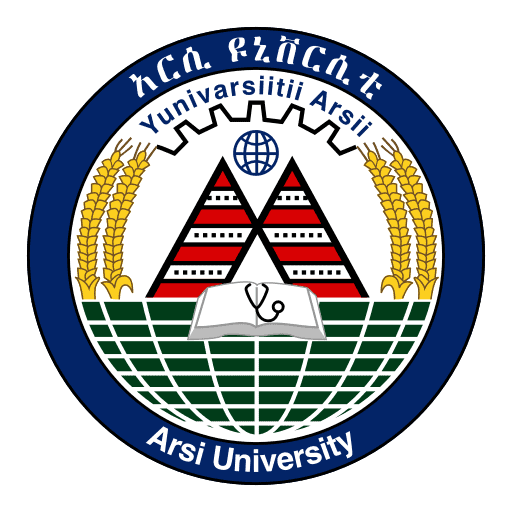Water hyacinths – from pest to resource

The challenge
Ethiopia has excellent potential for geothermal, hydro, solar and wind energy. Nevertheless, the majority of the rural population has only biomass at its disposal, which is used primarily for cooking. The demand for firewood is increasing along with the population, and the pressure on natural resources is growing.
At the same time, the toxic smoke from cooking fires endangers the health of women and children in particular – even in urban centres. Biogas plants could be a clean and economically viable solution here, especially if they were to be fired not only with manure but also with biomass from water hyacinths. This invasive plant, native to South America, is spreading unchecked on lakes in Ethiopia and the rest of Africa. It endangers the supply of drinking water, hinders fishermen and – when it rots in the water – produces large quantities of climate-damaging methane gases. However, people can also obtain biogas and fertiliser from it.
The goal
Can water hyacinth for biogas and fertiliser production be a business model for farmers and entrepreneurs? That’s the question Arsi University aims to get to the bottom of with a data-based analysis. Other studies have shown that the admixture of water hyacinths increases biogas quality and still produces valuable fertiliser for farmers as a by-product.
Our partner
Located in the Oromia region, Arsi University is networked with a wide range of stakeholders through its Community Services. The study will be done by a supervising professor who has extensive experience in the field.
The approach
In order to learn more about the usage behaviour of biogas plants and their acceptance, Arsi University will survey biogas users and potential users, as well as households that have abandoned their biogas plants. In parallel, representative samples of stakeholders associated with the biogas value chain will be surveyed to identify opportunities and potential bottlenecks.
At the end, the various results will be included in a research report and will also be presented to different stakeholders and published.
Oromia
Piloting and awareness
Biogas users
06/2022 – 12/2022



